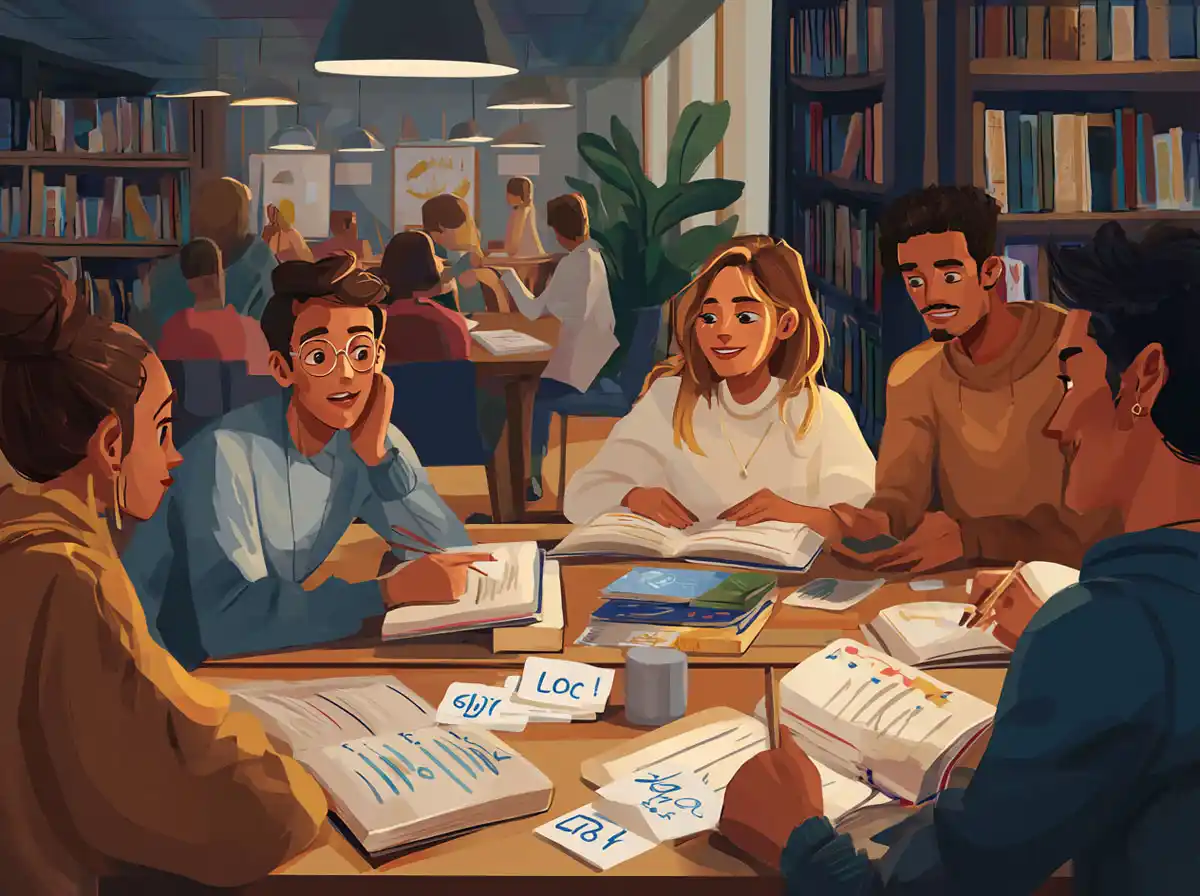Understanding Old-fashioned Words in Urdu
Definition and Importance
Old-fashioned words in Urdu are terms that were commonly used in previous centuries but have gradually fallen out of regular usage in modern speech and writing. These words are often found in classical Urdu literature, including the works of renowned poets like Mir Taqi Mir, Mirza Ghalib, and Allama Iqbal. They are significant for several reasons:
- Cultural Preservation: These words preserve the cultural and historical essence of the Urdu language.
- Literary Appreciation: Understanding archaic vocabulary is essential for appreciating classical poetry and prose.
- Linguistic Depth: They add richness and variety to the language, allowing for more nuanced expression.
- Language Learning: They serve as a bridge for learners to grasp the evolution and layers of Urdu.
Examples of Old-fashioned Urdu Words
Here are a few examples of old-fashioned Urdu words that are rarely used in modern conversation but remain important:
- فرہاد (Farhad) – A term historically used to describe someone who is a devoted lover or worker, especially in classical romantic poetry.
- غالب (Ghalib) – Meaning “dominant” or “victorious,” famously used as a pen name but also an older word for prevailing.
- سہارا (Sahara) – Meaning “support” or “help,” still used but in a more formal or poetic sense.
- نصیب (Naseeb) – Meaning “destiny” or “fate,” commonly found in classical texts.
- خوابیدہ (Khawbeeda) – Meaning “sleepy” or “drowsy,” an antiquated form seldom heard today.
Historical Context of Old-fashioned Urdu Vocabulary
The Evolution of Urdu Language
Urdu developed around the 12th century in the Indian subcontinent as a syncretic language, blending Persian, Arabic, Turkish, and local dialects such as Hindi. Initially, it was the language of the Mughal courts and poets, heavily influenced by Persian literary traditions. During this era, many words were borrowed or adapted from Persian and Arabic, many of which now seem old-fashioned due to changes in usage and sociolinguistic shifts.
Impact of Colonialism and Modernization
The British colonial period introduced English and other languages into the Indian subcontinent, leading to linguistic shifts. Urdu incorporated many English terms and modernized vocabulary, gradually sidelining older words. Furthermore, urbanization and media have favored simpler, more accessible language, pushing archaic words into literary or formal contexts.
Why Learn Old-fashioned Words in Urdu?
Enriching Language Skills
Learning old-fashioned words enhances vocabulary depth and facilitates better comprehension of classical texts, historical documents, and poetry. It enables learners to:
- Decode poetic metaphors and classical references.
- Understand historical narratives and cultural dialogues.
- Appreciate the linguistic artistry of past Urdu poets and writers.
Practical Applications
While old-fashioned words are rarely used in daily conversation, they have practical applications:
- Academic Research: Scholars studying Urdu literature or history benefit from understanding archaic vocabulary.
- Creative Writing: Writers and poets often use old-fashioned words to invoke nostalgia or create stylistic effects.
- Language Preservation: Preserving these words helps maintain the language’s cultural heritage.
Challenges in Using and Learning Old-fashioned Urdu Words
Obsolescence and Comprehension
One major challenge is that many old-fashioned words have become obsolete or have shifted in meaning, making them difficult to understand or use correctly without guidance. Learners might confuse these words with similar-sounding modern terms or misinterpret their meanings.
Limited Usage in Modern Media
Since media, education, and everyday communication favor modern vocabulary, exposure to old-fashioned words is limited. This scarcity affects retention and practical usage.
Pronunciation and Script Variations
Some archaic words have unique pronunciation or spelling that differs from contemporary standards, requiring learners to adapt and practice carefully.
Tips for Learning Old-fashioned Urdu Words Effectively
Use Language Learning Platforms like Talkpal
Talkpal offers interactive lessons, native speaker conversations, and contextual examples to help users learn Urdu, including its old-fashioned words, in an engaging manner. Its user-friendly interface is ideal for practicing pronunciation and comprehension.
Read Classical Urdu Literature
Engage with classical poetry, prose, and historical texts. Authors like Mirza Ghalib, Faiz Ahmed Faiz, and Allama Iqbal use archaic vocabulary extensively, providing authentic learning material.
Create Vocabulary Lists and Flashcards
Organize old-fashioned words into thematic lists or flashcards to reinforce memory and understanding. Include meanings, usage examples, and pronunciation tips.
Practice with Native Speakers
Conversing with native Urdu speakers, especially those familiar with classical literature, can provide invaluable insights into the correct usage and context of old-fashioned words.
Incorporate Multimedia Resources
Use audio books, classical Urdu poetry recitations, and educational videos to hear old-fashioned words in context and improve auditory recognition.
Examples of Old-fashioned Words and Their Modern Equivalents
| Old-fashioned Word | Meaning | Modern Equivalent |
|---|---|---|
| جانِ من (Jaan-e-Man) | Beloved, dear one | پیارا (Pyara), محبوب (Mehboob) |
| حُسن (Husn) | Beauty | خوبصورتی (Khoobsurti) |
| غمگسار (Ghamgusar) | Confidant, someone who shares sorrow | دوست (Dost), ساتھی (Saathi) |
| فرشتہ (Farishta) | Angel | فرشتہ (Farishta) – still used but poetic |
| دِلربا (Dilruba) | Enchanting, charming | دلکش (Dilkash) |
Conclusion
Old-fashioned words in the Urdu language are a treasure trove that reflects the linguistic richness and cultural history of one of the world’s most poetic languages. They may appear challenging to modern learners but mastering them offers profound benefits, from unlocking classical literature to appreciating Urdu’s artistic depth. With tools like Talkpal and a dedicated approach to studying literature and practicing with native speakers, learners can comfortably incorporate these archaic words into their Urdu vocabulary. Embracing the old alongside the new not only preserves the language’s heritage but also enriches one’s overall communication skills, making the journey of learning Urdu both rewarding and culturally immersive.










